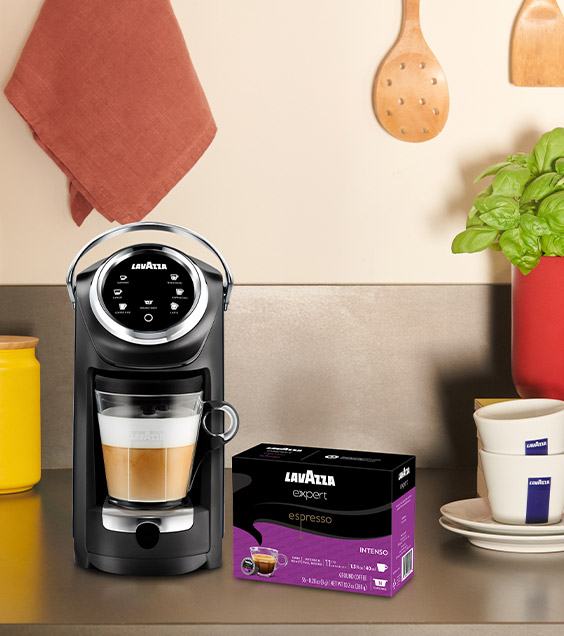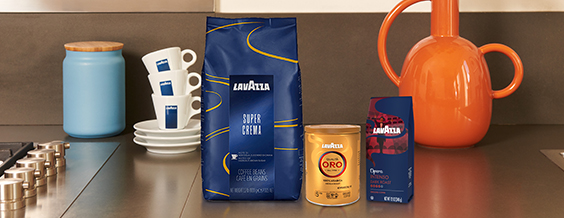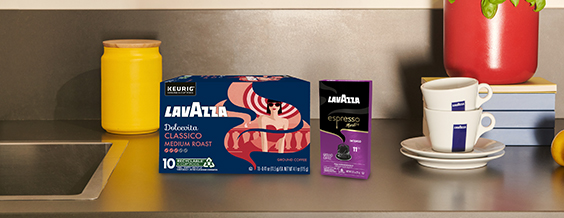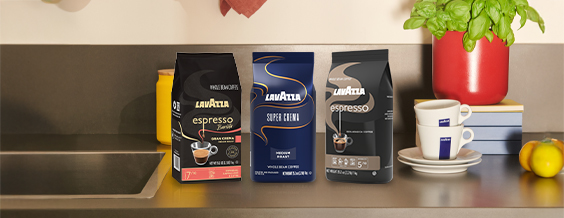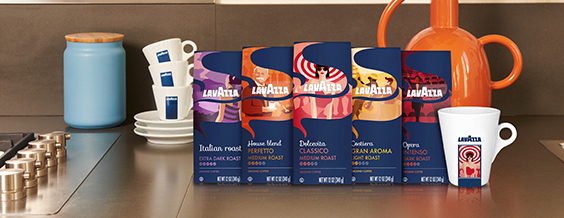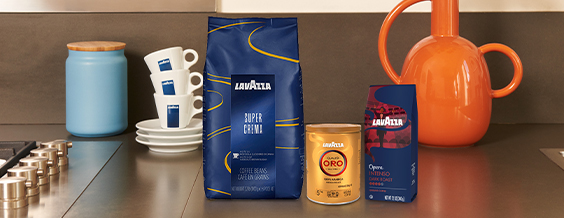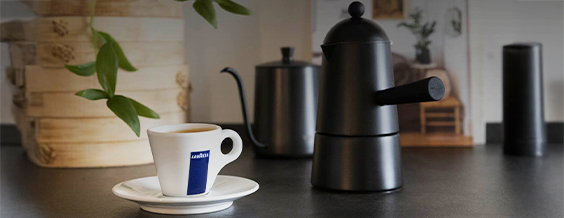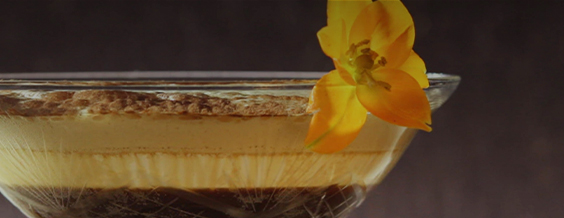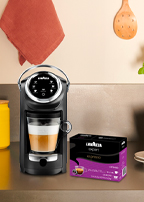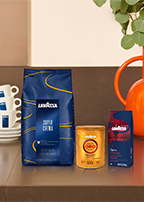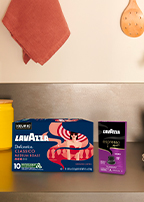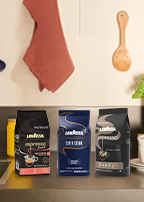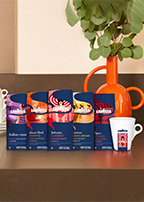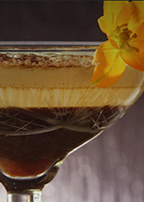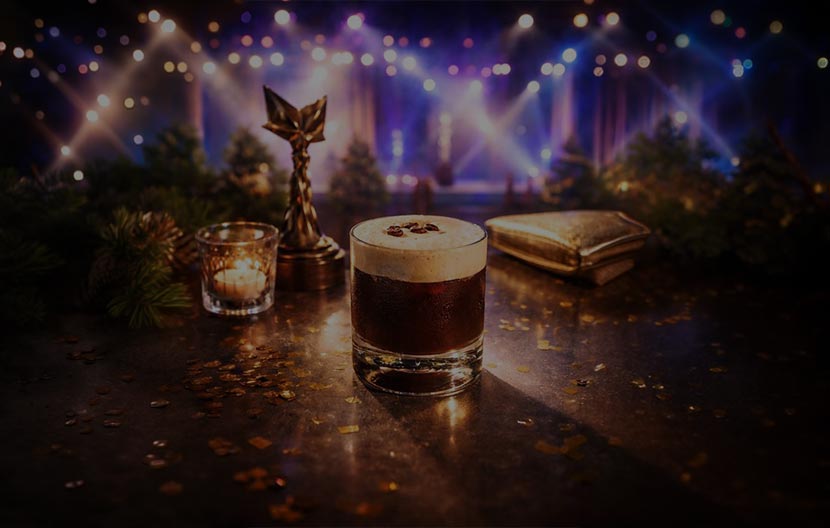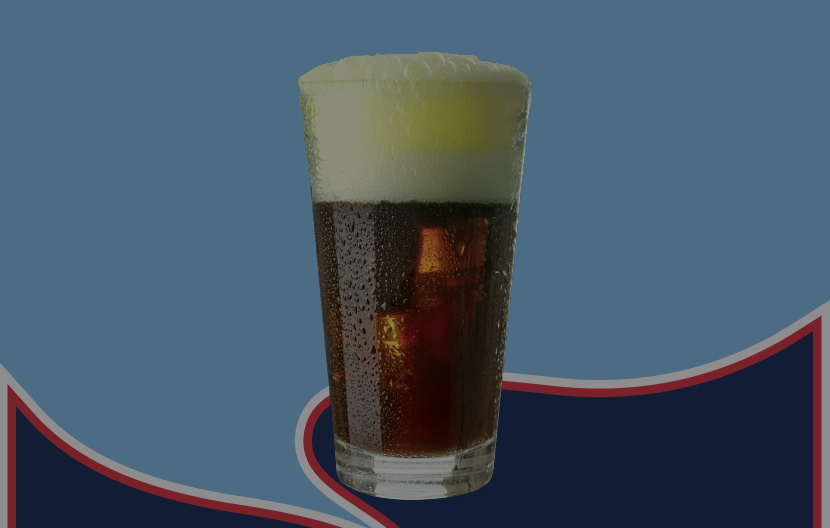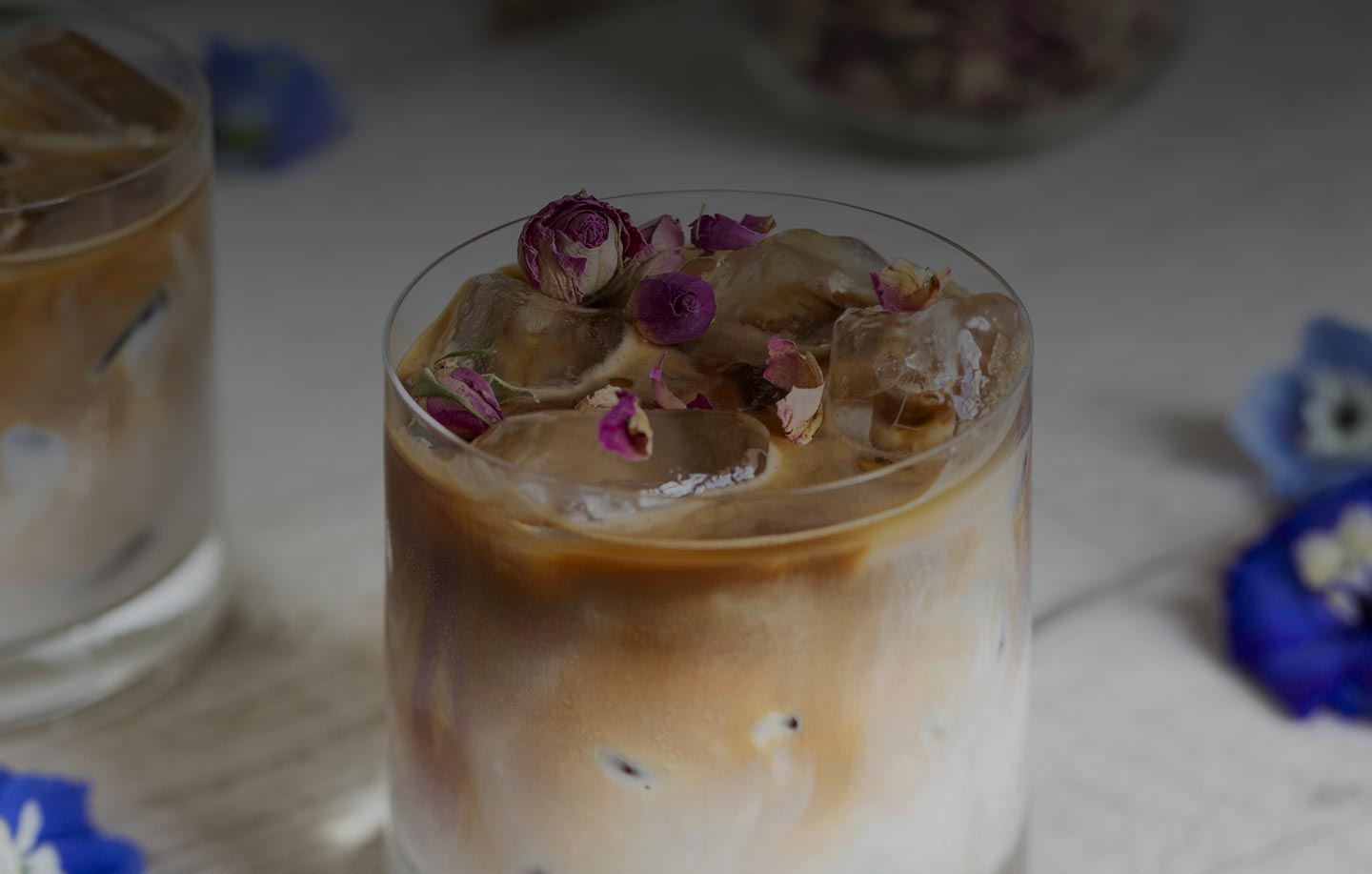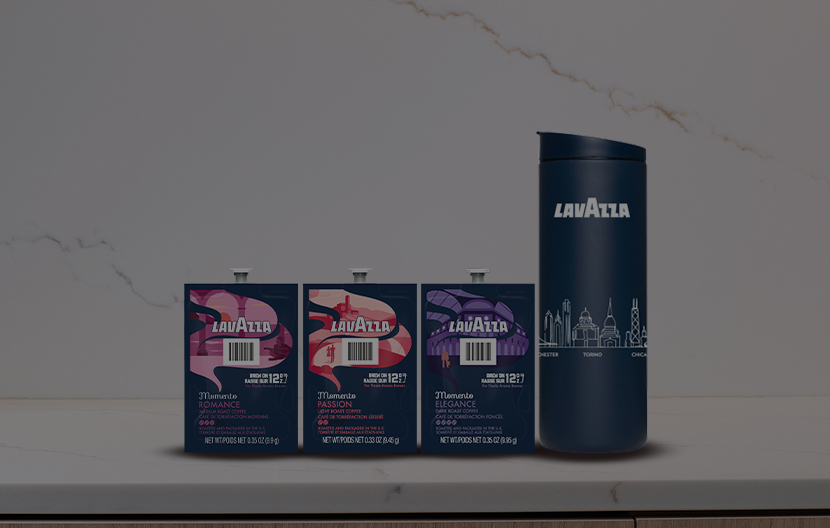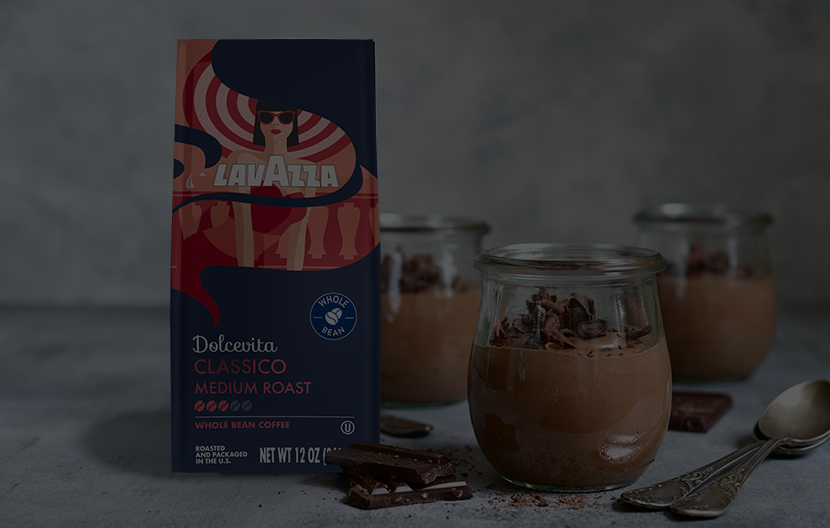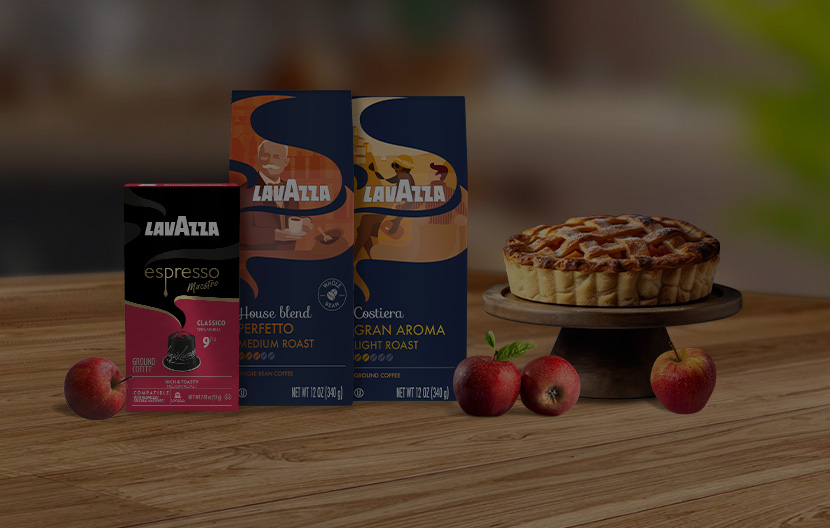*Lavazza is not affiliated with, endorsed or sponsored by Nespresso
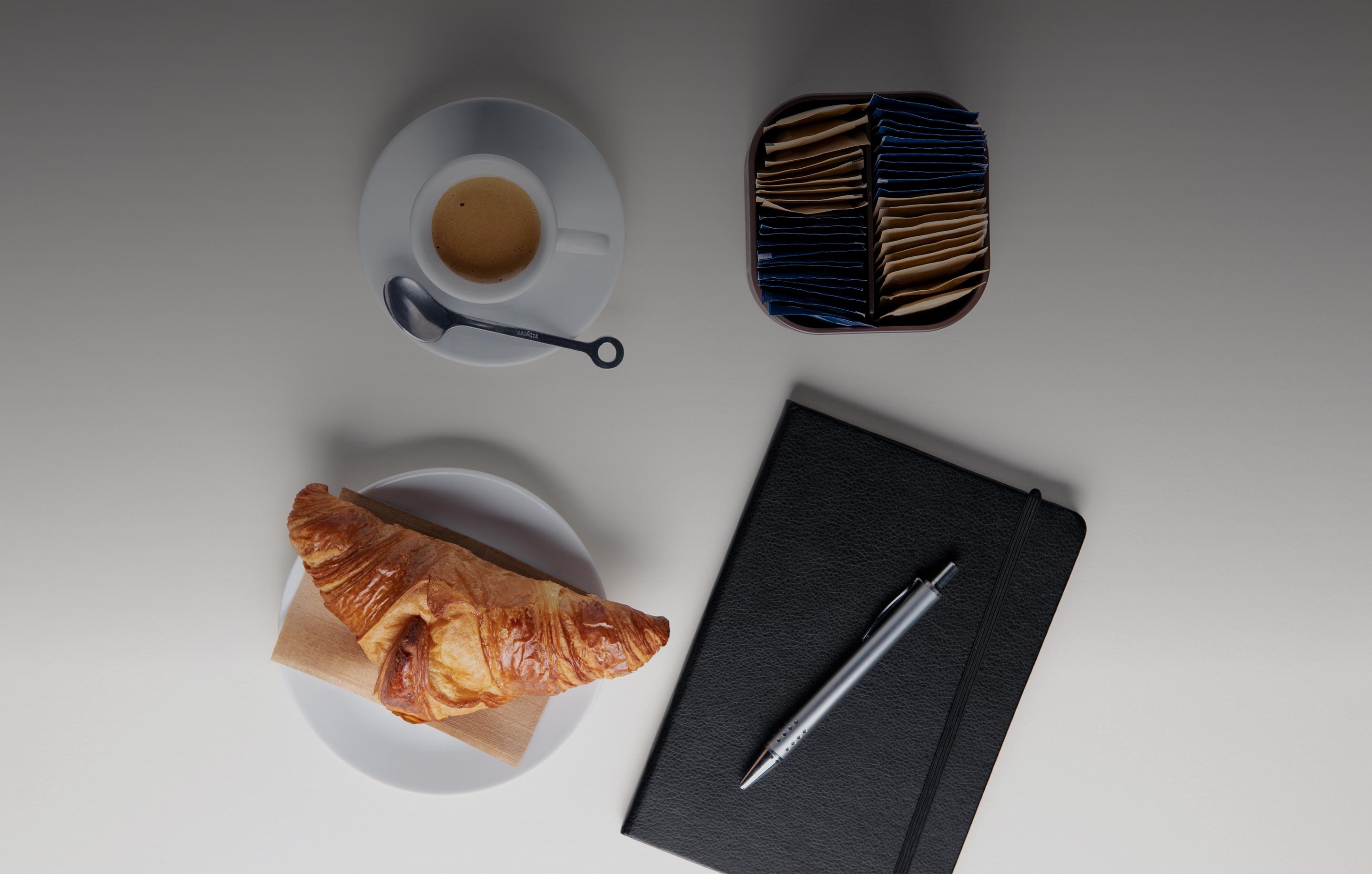
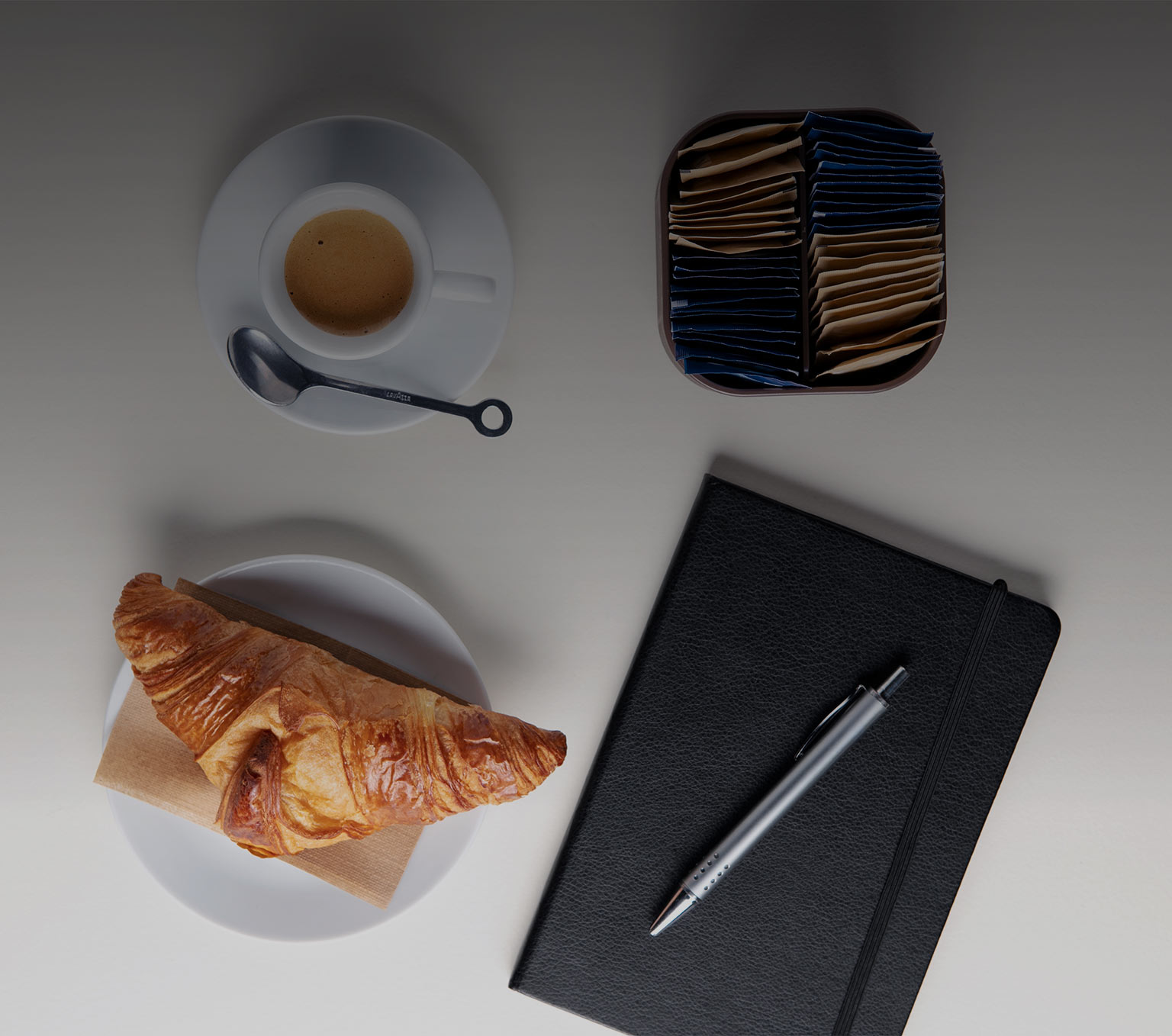
What are The Coffee Terms That a Barista Must Necessarily Know?
You might've heard the baristas conversing when you visit a coffee shop and sit near the counter. In their conversations, you may notice words you’ve never heard. Whether you’re a new barista or an aspiring one, there is some terminology used daily. We’re here to help you improve your vocabulary about coffee.
Barista Terms Regarding Coffee
Communicating with the proper coffee glossary can make your daily routine as a barista easier. The terms help deliver the message quicker, but first, you must understand their meaning. Here’s the essential coffee vocabulary list.
Shot
All coffee-based drinks will start with espresso, and the amount of espresso that goes into the cup will be called a shot. The standard shot contains approximately an ounce of espresso, but this might differ from one coffee shop to another. When you first enter your coffee shop as a barista, you can ask the other baristas about their measurements. Customers often ask for a double, “doppio”, or extra shot. All terms refer to double the amount of espresso that you use regularly.
Ristretto
Ristretto is another type of espresso shot. The difference between Ristretto and regular shots is the final amount and how long you pull it. Ristrettos usually only take few seconds less than a regular shot to pull and will result in around 0.85 ounces of espresso. Ristretto shots have a richer taste with less bitter notes.
Lungo
If you pull the Ristretto shorter than a regular shot, “Lungo” (meaning Long) asks you to pull for longer. When pulling a Lungo shot, you let the water run for a longer time.
With a double shot, you pull the espresso two times, resulting in a cup consisting of two regular shots. However, with Lungo, you let more water passing through the panel of coffee. The result will be a thinner espresso with an intense taste and more bitter than regular espressos.
Body
Baristas use the coffee term ‘body’ to describe how the coffee feels in your mouth, whether thin and watery or thick and rich. There are three typical body characteristics: light, medium, and full-body. Coffee with a light body has a water-like consistency, and you won’t feel any residue left on your tongue. On the contrary, coffees with full-body will give heavier texture.
Crema
Crema is one of the espresso’s components that you can see pooling on top of your shot. Unlike the dark liquid on the bottom layer of espressos, crema has a nutty-like brown colour. The texture is foamy and thick on the tongue, giving your espresso a complex flavour. The extraction time will affect the crema you get at the end of the pull.
Types of Coffee Beans
As a barista, you’ll come across customers with deep knowledge of the coffee dictionary. Many ask about what kind of blend is available. If you’re unfamiliar with a house blend, it’s the blend of several types of beans to make a signature taste that the shop will sell as its espresso base. Add the following coffee bean types to your barista vocabulary.
Arabica
Arabica beans are one of the most produced coffee beans in the world. You’ll find a lot of coffee brands use 100% Arabica beans as their blend. This type of bean has a smooth and complex flavour. However, Arabica isn’t as bitter as other types of beans. There are various taste notes depending on where the Arabica beans were cultivated. Some can develop floral/fruity notes, other more honey/nutty like notes.
Robusta
Robusta beans typically grow at lower altitudes compare to Arabica beans. People who prefer Robusta beans over Arabica tend to like their coffee taste harsher and more bitter. Robusta brings out an intense aroma and a higher body.
Liberica
Liberica is another specie of coffee cultivated in very small amounts. The taste is bold and smoky, but blends usually mix Liberica with other beans to obtain more body and complex flavour. Liberica beans have a unique, woody, and nutty taste, but the burnt taste can be a turn-off for many.
